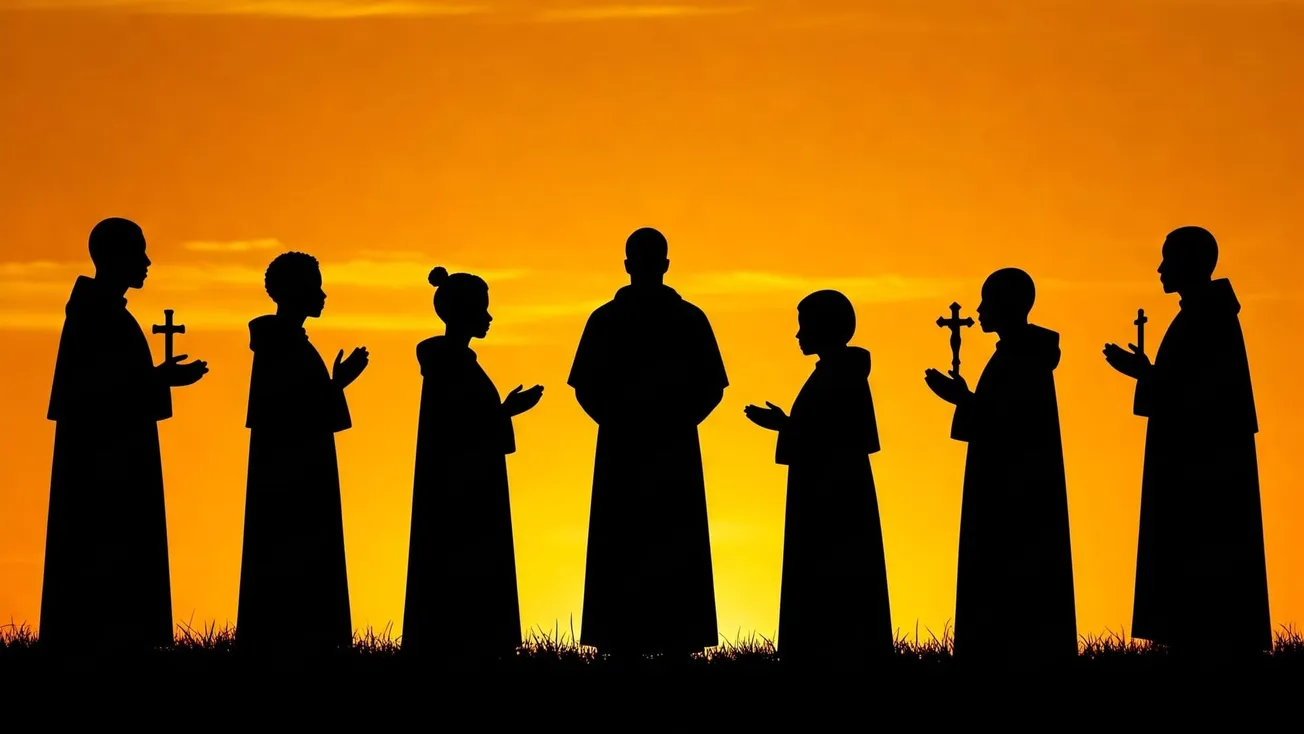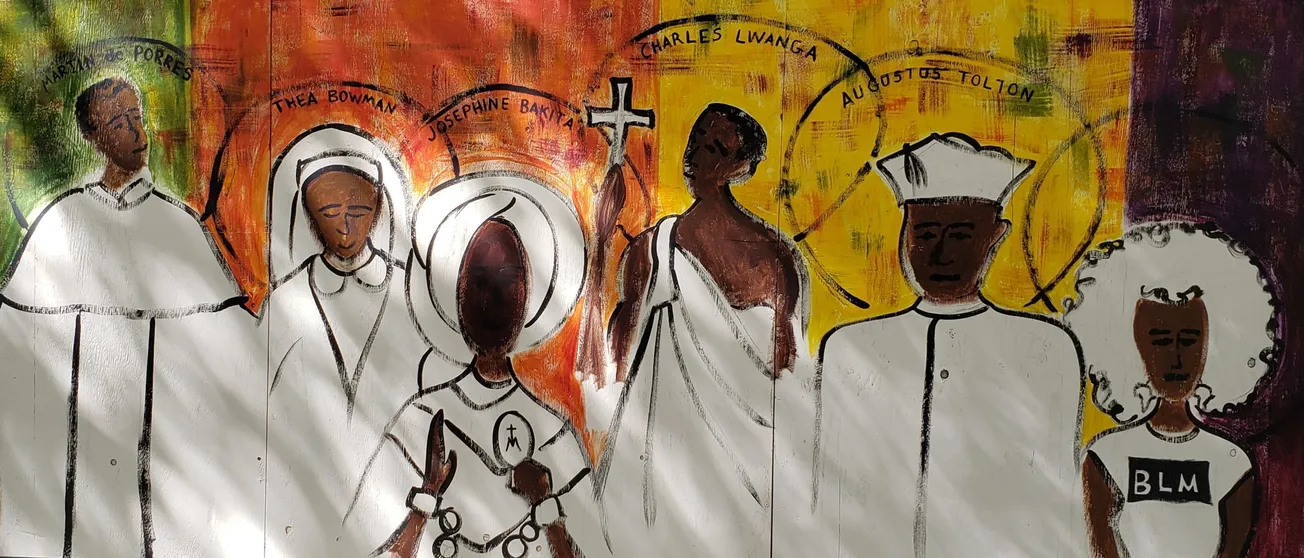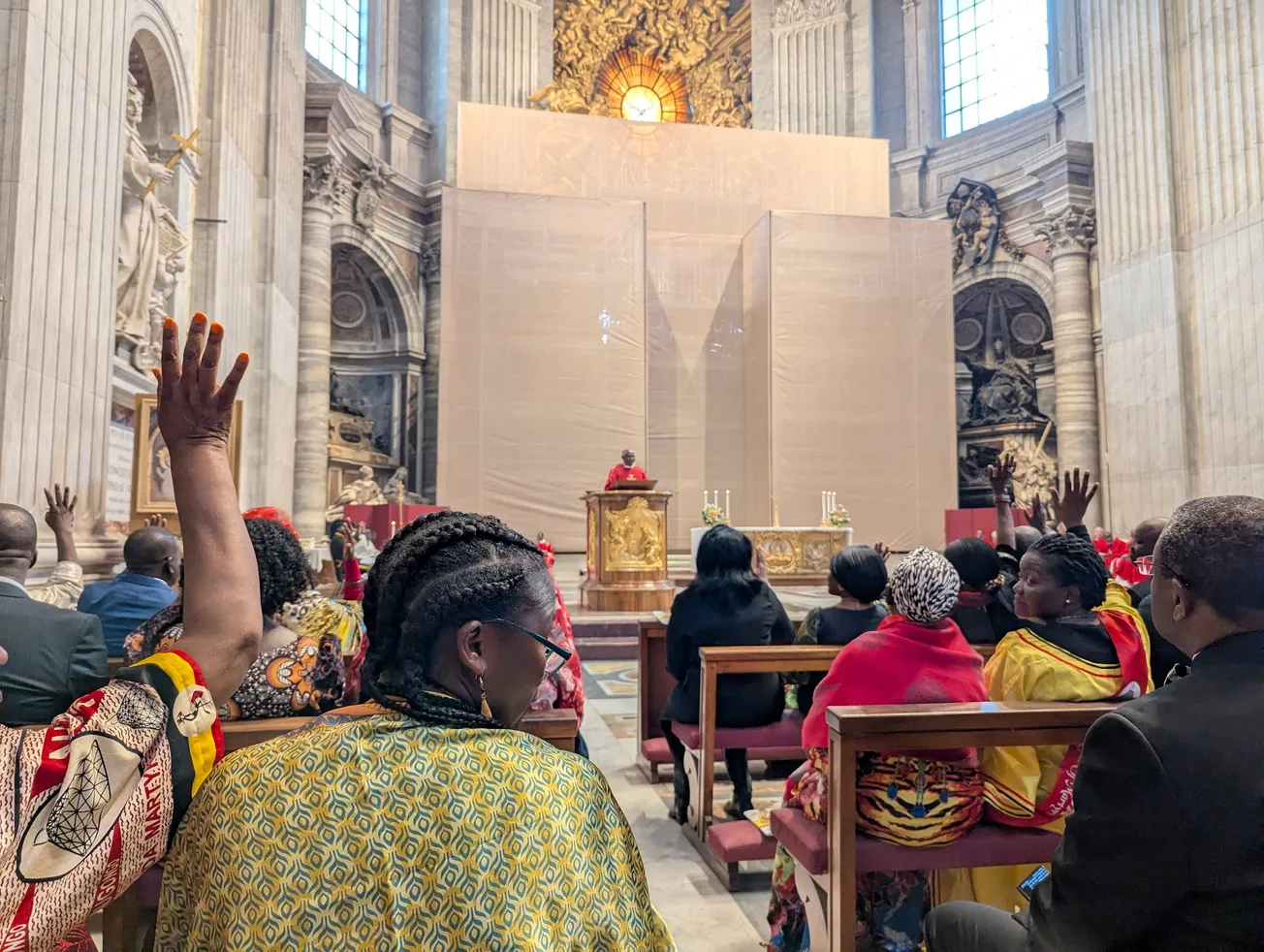For 13 years during the third century, a pandemic rocked the Roman Empire and Christian Church, decimating the army, farming industry, and general population to the tune of up to 100,000 victims—5,000 victims a day in Rome, at one point.
Its name? The Plague of Cyprian, in reference to the African bishop and martyr whose ministry coincided with the event, and whose feast day Christians around the world celebrate today, September 16th.
St Cyprian of Carthage was born in Carthage in the year 210 AD, to a family of pagan North African Berbers. He converted to the Christian faith in 245, baptized with the name Caecilius (the name of the priest who led him to the faith).
Shortly after his conversion, he began his spiritual writings, several of which have become Christian classics in the centuries since. He was elected bishop of his hometown just a few years after his baptism, in part because of his generosity to the poor after his entry into the Church.
He is perhaps best known, however, for his ministry during the Novatian controversy, in which Cyprian laid down strict penances on those Christians who had apostatized during the Decian persecution in the year 250, only to later return to the Church. (Novatian—an antipope—did not want to readmit them at all.)
As a schism broke out concerning this matter, so did the pandemic. Cyprian would gain further fame for his actions to help curb the spread and keep his people spiritually inoculated.
A famous sermon of his detailed the horrors of the day, but not without some comfort:
“What a grandeur of spirit it is to struggle with all the powers of an unshaken mind against so many onsets of devastation and death! What sublimity, to stand erect amid the desolation of the human race, and not to lie prostrate with those who have no hope in God; but rather to rejoice, and to embrace the benefit of the occasion; that in thus bravely showing forth our faith, and by suffering endured, going forward to Christ by the narrow way that Christ trod, we may receive the reward of His life and faith according to His own judgment!... Many of our people die in this mortality, that is, many of our people are liberated from this world.”
(Treatise VII, St Cyprian)
As for the necessary response to the medical devastation, Cyprian was quick to note that insofar as one recognizes the finality of death—even for those headed to Heaven—survivors are left with a weighty responsibility to effect Christ’s living witness of charity and social justice on Earth.
“What a great thing is it, how pertinent, how necessary, that pestilence and plague which seems horrible and deadly, searches out the righteousness of each one, and examines the minds of the human race, to see whether they who are in health tend the sick; whether relations affectionately love their kindred; whether masters pity their languishing servants; whether physicians do not forsake the beseeching patients; whether the fierce suppress their violence; whether the rapacious can quench the ever insatiable ardour of their raging avarice even by the fear of death; whether the haughty bend their neck; whether the wicked soften their boldness; whether, when their dear ones perish, the rich, even then bestow anything, and give, when they are to die without heirs.”
As a result of the Church’s charity to both their own community and that of the pagans, the death rates of those in cities with Christian communities are said to have been just half of that of other cities.
“Most of the Christians showed unbounded love and loyalty, never sparing themselves and thinking only of one another. Heedless of danger, they took charge of the sick, attending to their every need and ministering to them in the name of Christ… the result of their great piety and strong faith in God, seems in every way the equal of martyrdom…”
(St Dionysius of Alexandria)
The implications for our time seem clear—as the COVID-19 pandemic continues to rage, and Christians themselves are divided over how to act and proceed in the midst of mask mandates, vaccine passports, and a persecution of the poor and helpless at a level that should scandalize the faithful worldwide.
On this feast day, look to the legacy of an African saint for the way forward.
Holy Patron of North Africa, pray for us!
Nate Tinner-Williams is co-founder and editor of Black Catholic Messenger, a seminarian with the Josephites, and a ThM student with the Institute for Black Catholic Studies at Xavier University of Louisiana (XULA).
Want to support our work? You have options.
a.) give on Donorbox!
b.) create a fundraiser on Facebook












